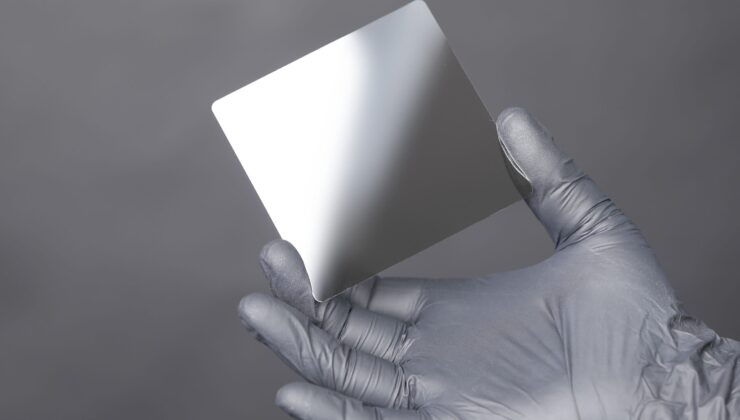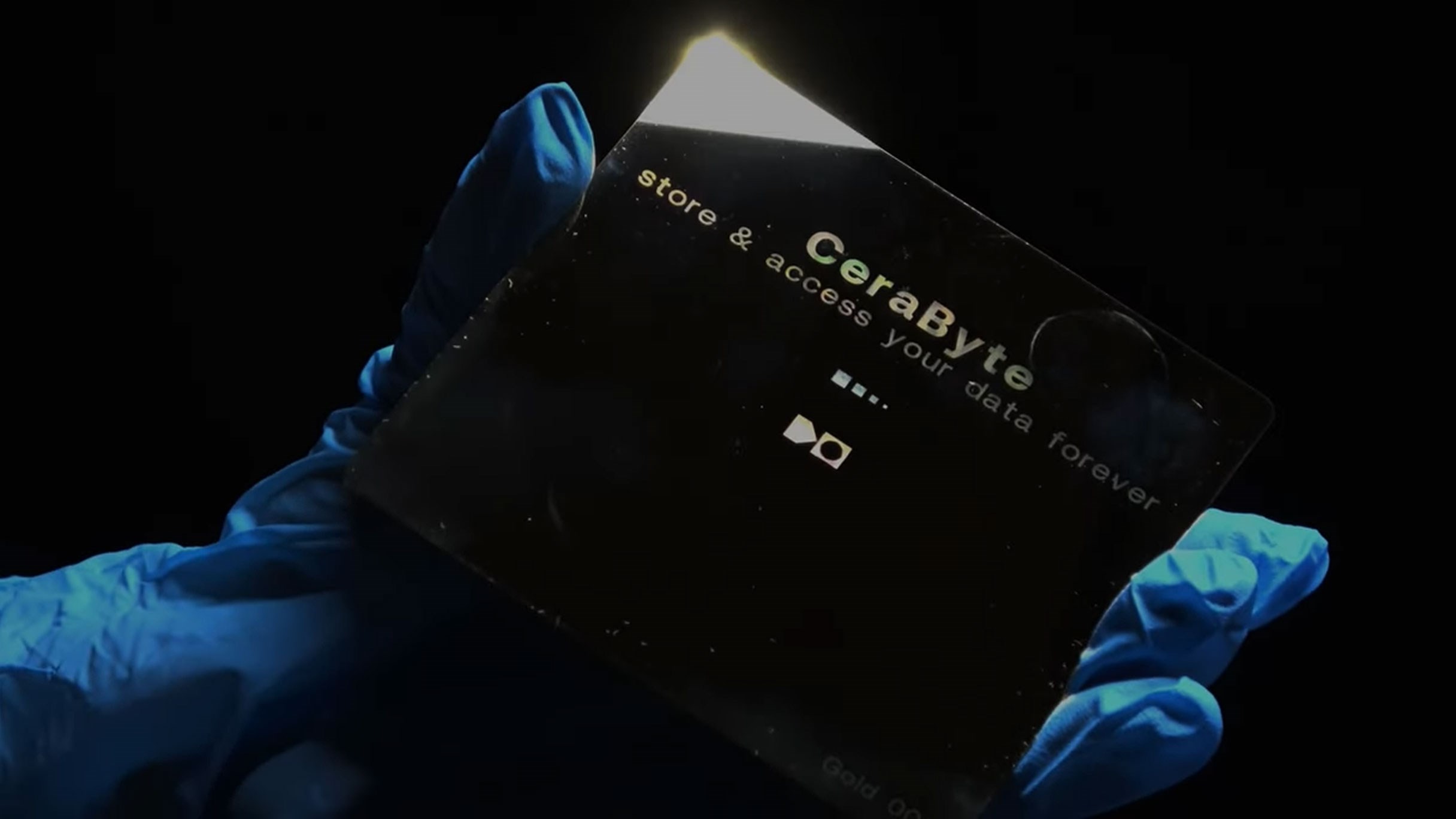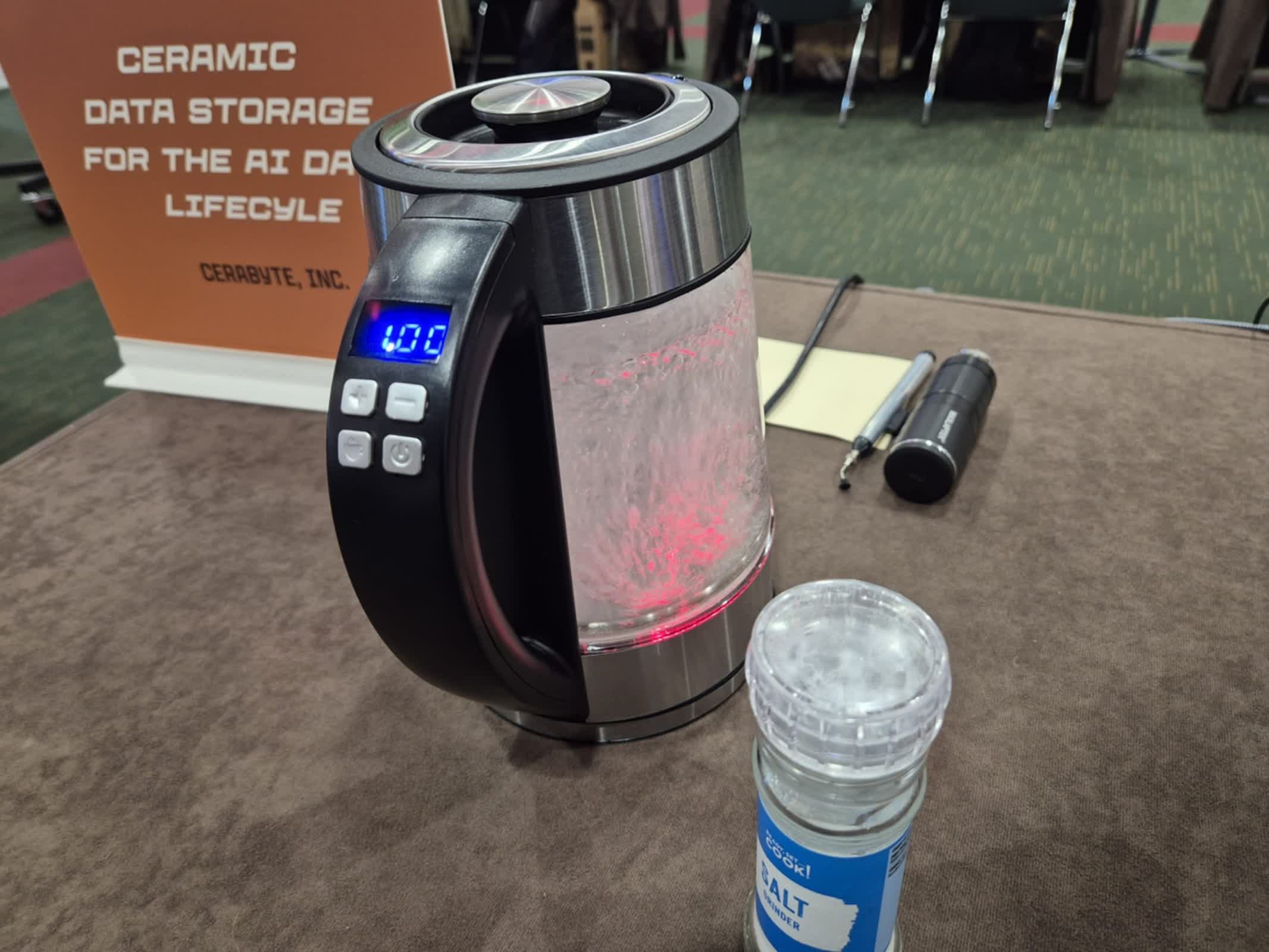

We are currently navigating the vast ocean of the digital era, where a staggering amount of data—measured in billions of gigabytes—emerges daily. This surge demands robust storage solutions for long-term retention, yet traditional technologies face inevitable degradation over time. Enter German startup Cerabyte, which is poised to disrupt this landscape with its innovative ceramic glass-based storage technology, promising longevity and sustainability.

Cerabyte’s technology is not only intriguing for its durability but also for its environmental friendliness and affordability. Recent rigorous testing has underscored the resilience of this groundbreaking method, which has the potential to redefine data storage paradigms.
Boiling Salt Water and Oven Test

In a series of extreme condition tests, Cerabyte subjected its advanced storage medium to both laboratory and real-world stressors. A glass chip, meticulously coated with a thin ceramic layer, was first immersed in boiling salt water at 100°C and subsequently baked in an oven at 250°C. Remarkably, the data integrity on the chip remained unscathed.
Founded in 2022, Cerabyte employs a pioneering technique that applies an ultra-thin ceramic coating on glass at the atomic level. This layer is intricately inscribed using femtosecond lasers on a nanosecond scale to encode data. A single 9 cm² chip is capable of storing up to 1 GB of data on one side. The laser inscribing process achieves a speed of millions of bits per second. Theoretically, this medium boasts a lifespan exceeding 5,000 years, offering resistances to aging, fire, water, radiation, and even electromagnetic pulses.
Not only robust, but also cost-effective
Cerabyte’s vision extends beyond durability and encompasses accessibility. The startup is ambitiously targeting a reduction in long-term storage costs to less than $1 per terabyte by 2030. Such a cost-effective approach could revolutionize the archival world.
Furthermore, Cerabyte’s innovation trajectory isn’t confined to static glass chips. The company is actively developing a novel tape format dubbed “CeraTape,” designed for seamless integration into existing robotic archive systems, with the capacity to store data on an exabyte scale.
SİGORTA
12 saat önceOTOMOBİL
1 gün önceTÜKETİCİ KÖŞESİ
2 gün önceTÜKETİCİ KÖŞESİ
2 gün önceSİGORTA
2 gün önceOTOMOBİL
5 gün önceSİGORTA
5 gün önceSİGORTA
5 gün önceSİGORTA
7 gün önceSİGORTA
7 gün önce 1
DJI Mini 5: A Leap Forward in Drone Technology
20640 kez okundu
1
DJI Mini 5: A Leap Forward in Drone Technology
20640 kez okundu
 2
xAI’s Grok Chatbot Introduces Memory Feature to Rival ChatGPT and Google Gemini
14600 kez okundu
2
xAI’s Grok Chatbot Introduces Memory Feature to Rival ChatGPT and Google Gemini
14600 kez okundu
 3
7 Essential Foods for Optimal Brain Health
13292 kez okundu
3
7 Essential Foods for Optimal Brain Health
13292 kez okundu
 4
Elon Musk’s Father: “Admiring Putin is Only Natural”
13126 kez okundu
4
Elon Musk’s Father: “Admiring Putin is Only Natural”
13126 kez okundu
 5
Minnesota’s Proposed Lifeline Auto Insurance Program
11030 kez okundu
5
Minnesota’s Proposed Lifeline Auto Insurance Program
11030 kez okundu
Sigorta Güncel Sigorta Şikayet Güvence Haber Hasar Onarım Insurance News Ajans Sigorta Sigorta Kampanya Sigorta Ajansı Sigorta Sondakika Insurance News